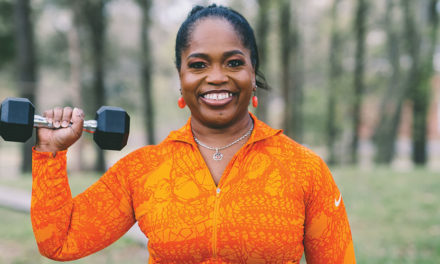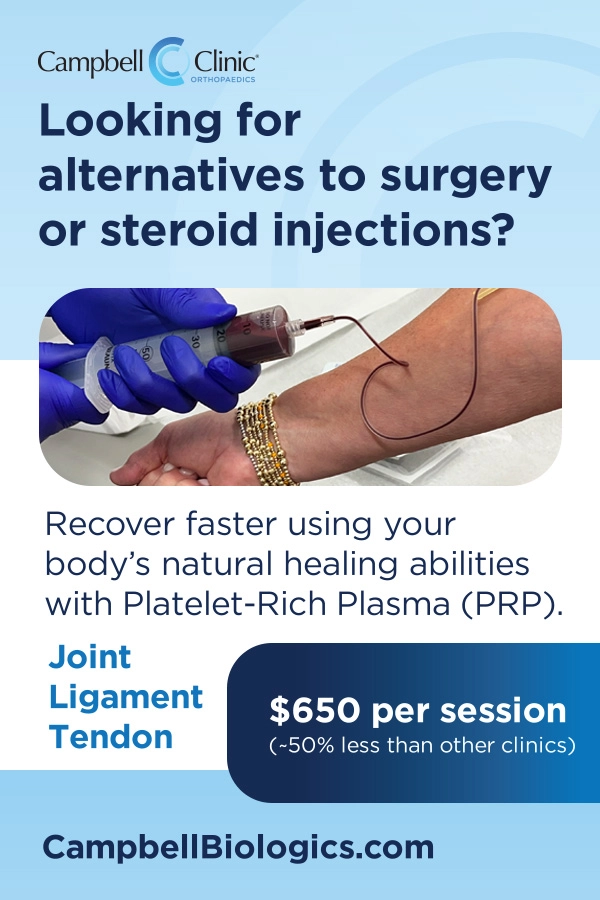There are many natural ways to increase our serotonin and dopamine, just two of the many neurotransmitters located in both our gut and our brain. Some of these include exercise, spending time in nature, natural light exposure, avoiding blue light, nutrition, caffeine, gratitude journaling, goal or task achievement, laughter therapy, medicinal mushrooms, red light therapy, fasting, and contrast therapy, to name a few.
Let’s discuss how we can use nutrition to optimize our levels of these neurotransmitters.
Dopamine is our “reward center” neurotransmitter, influential in many bodily functions, including memory, movement, motivation, mood, attention, and more.
Serotonin is our “feel good” neurotransmitter that helps our nerve cells better communicate and is essential in mood, bowel movements, sleep, and much more.
We need protein to create both dopamine and serotonin, but let’s dive a little deeper into what else we need and how these neurotransmitters are created.
To create dopamine, we need phenylalanine, an essential amino acid naturally present in high-protein foods such as meat, fish, eggs, beans, nuts, and tofu. Phenylalanine is then converted into the amino acid tyrosine, tyrosine is converted into the amino acid l-dopa, and l-dopa is converted into dopamine. We also need vitamin cofactors to make sure that these conversions happen, some of which include iron, Vitamins B, C, and D, folate, Omega-3 fatty acids, and magnesium, to name a few.
To create serotonin, we need the essential amino acid tryptophan, which is also found in high-protein foods like organic grass-fed meat, raw dairy, pasture-raised organic poultry and eggs, nuts, wild-caught fatty fish, chickpeas, as well as chocolate and bananas. Tryptophan is then converted into 5 HTP, which is converted into serotonin. You also need folate, magnesium, Vitamins B, C, and D, and more to convert tryptophan to serotonin.
Fun fact: It is always best to eat a tryptophan-rich food with a complex carbohydrate so that it can reach the brain to create serotonin. Yes, we need carbs! Some complex carbs are sweet potatoes, whole grains, oats, brown rice, lentils, vegetables, beans, and legumes.
Phew! Now that we got the science of it behind us, the main takeaway is that we need protein and many vitamins and minerals to create and synthesize these neurotransmitters, including amino acids, iron, Vitamins B, C, and D, magnesium, zinc, Omega-3 fatty acids, and more.
*This is not medical advice.
Below are common foods that contain, stimulate, aid in co-factors, and/or increase dopamine and serotonin:
- Unprocessed grass-fed meats like beef, chicken, and turkey
- Nuts and seeds like almonds, walnuts, flax seeds, hemp seeds, sesame seeds, and pumpkin seeds
- Omega-3-rich fatty fish such as salmon and mackerel
- Eggs
- Apples
- Bananas
- Green tea
- Olive oil
- Oregano
- Avocados
- Beets
- Coffee
- Dark chocolate
- Fruits and Veggies
- Fava beans
- Green leafy vegetables
- Raw sauerkraut
- Rosemary
- Turmeric
- Raw milk
- Cod liver oil
- Sweet Potato
- Chickpeas
- Eggplant
As a Certified Functional Nutrition Counselor at Sundara Wellness, Audrey is coaching others on their journey towards freedom from stimulants and others struggling with ADHD, autism, autoimmune, hormonal imbalances, and debilitating chronic health conditions due to poor gut health. Email Audrey at audrey@sundarawellness.com or on Instagram at @audreystimpson.
By Audrey Stimpson, MPS, CNFC









